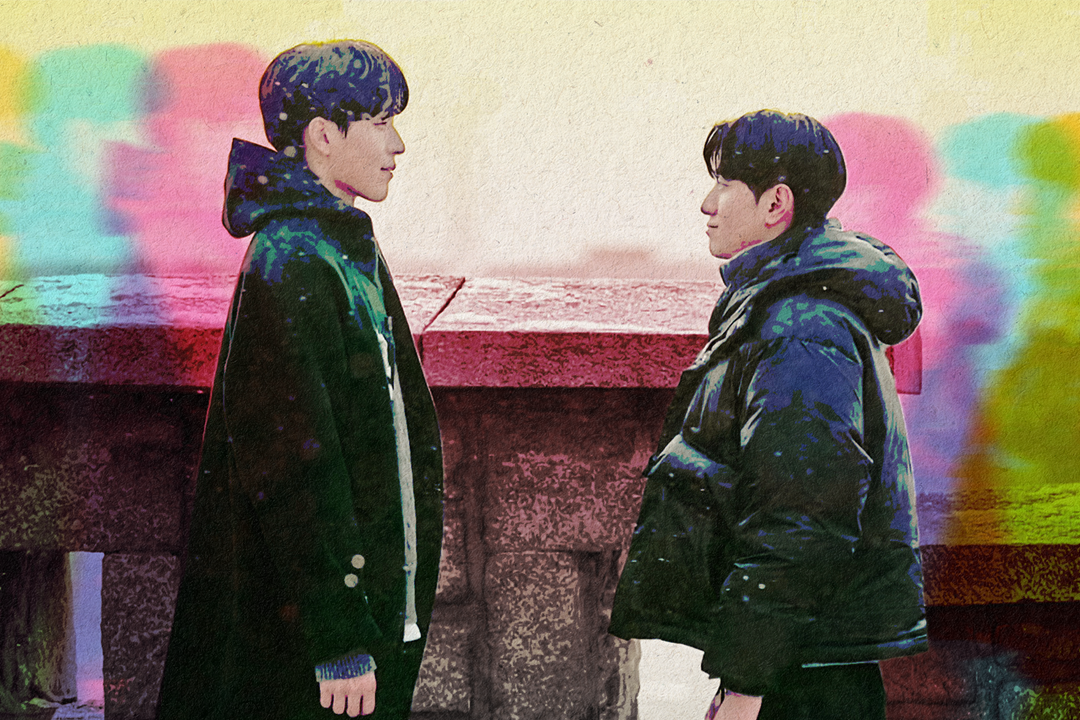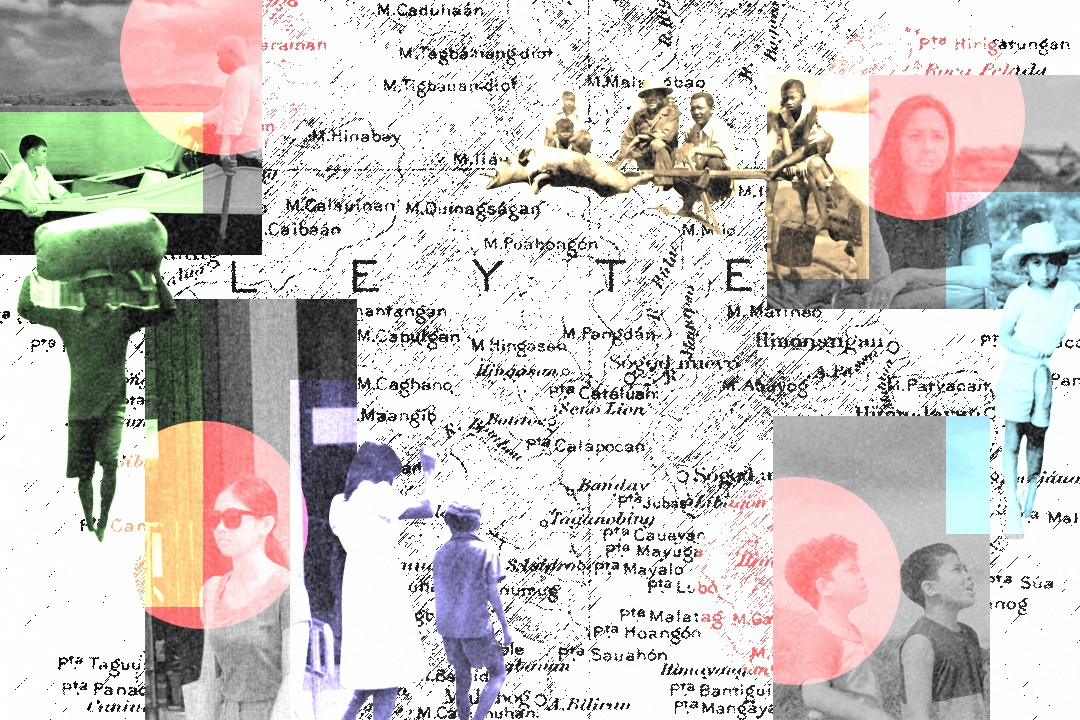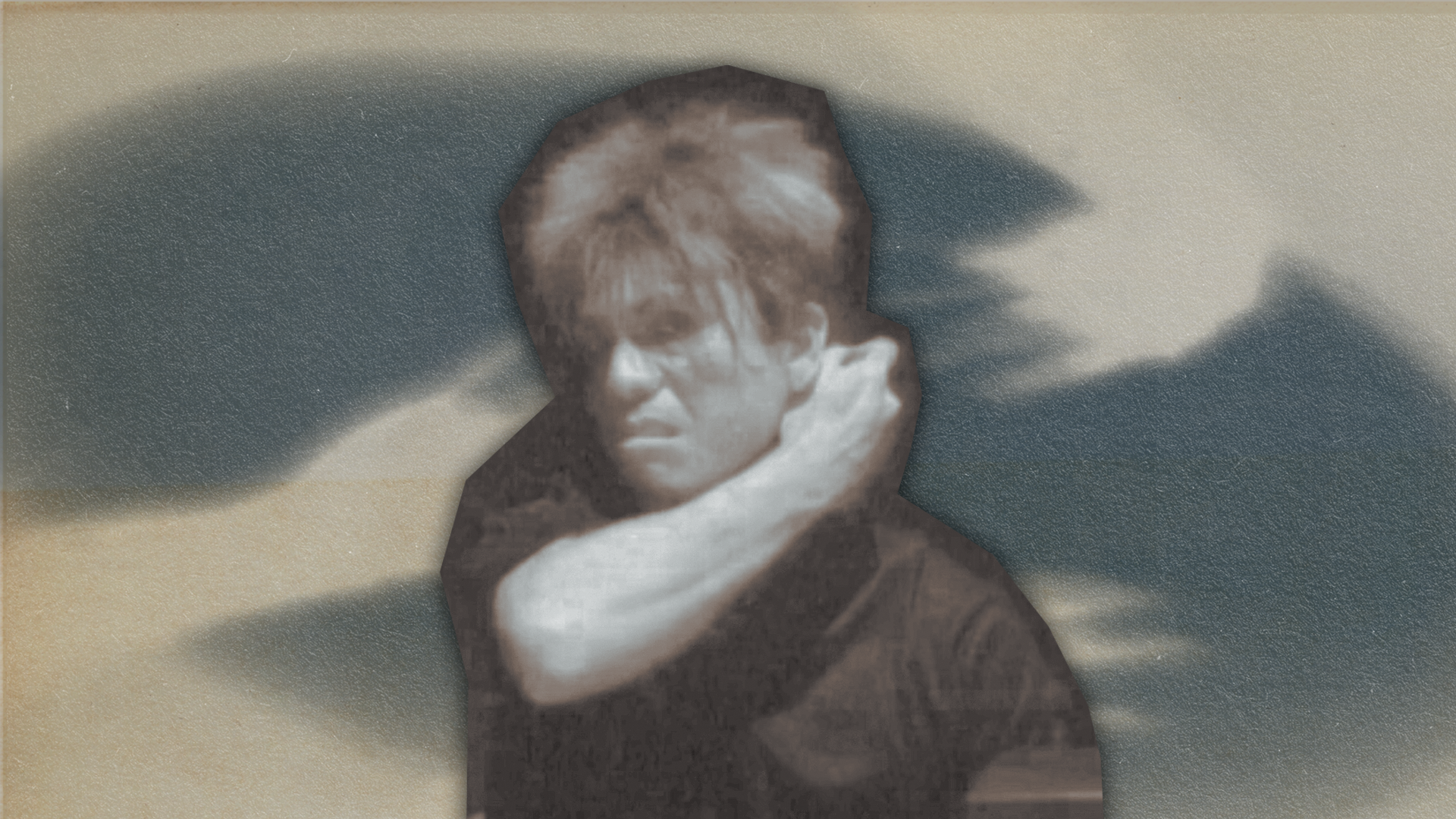‘Love in the Big City’: Haunted by Ghosts of the Past
‘Love in the Big City’: Haunted by Ghosts of the Past
Feature art by Jasmine C. Cabriles
Spoilers ahead.
In Love in the Big City, Go Young (Nam Yoon-su), a gay novelist, navigates the complexities of love in the vibrant capital of Seoul. The show’s candid portrayal of urban life and queer relationships is exceptional, but while it highlights the poignant interplay between love and memory, it overlooks how profoundly Go Young’s memories shaped his world. His past wasn’t just a backdrop; it was his emotional compass, guiding his decisions, defining his connections, and anchoring his understanding of love and self.
Go Young and Gyu-ho at the airport.
At its core, Love in the Big City goes beyond the confines of your typical love story. It's a reflection of how memories could haunt, heal, and redefine us. For Go Young, his memories weren’t simply snapshots of the past; they were living, breathing parts of him that influenced his actions.
Go Young’s relationship with his mother was one of the show’s most emotionally charged aspects. Her death left a hole in his heart, a constant ache that propelled him into emotional maturity, and forced him to reflect on the fragility of love and the fleeting nature of time.
Go Young’s last moments with his mother.
Go Young's early memories with his mother weren’t always pleasant. Often they manifested as emotional baggage he had to carry throughout his adult life as he himself witnessed how his mother struggled to raise him alone. Each regret, each moment he took for granted, haunted him in a way that shaped his later relationships. These memories pushed him to value the people he loved while they were still around, to stop waiting until it was too late. The spectre of his mother’s love became the catalyst for his own awakening.
Go Young’s romantic relationships were similarly tied to memory. After his mother's death, he meets Gyu-ho (Jin Ho-eun), a nursing student who works part-time as a barista. His time with Gyu-ho stood out as a defining moment of his emotional evolution. Gyu-ho accepted Go Young for who he truly was, a gift that Go Young desperately needed but could never fully grasp at the time.
Go Young with his ex-lover Gyu-ho.
After their Thailand trip and just as Gyu-ho is set to leave for a career in Shanghai, their relationship inevitably falls apart. Go Young is left to face the reality of loss. He returns to Thailand, a place filled with the echoes of their shared love. Every corner of Bangkok, every street and room, became a reminder of a love that no longer existed. There, in a foreign land, memory wasn’t just a quiet recollection; it became a living presence, following him around through the bustling city, a mirror of his inner turmoil as love, loss, and loneliness converged.
Go Young’s memory of Gyu-ho in Bangkok.
The structure of Love in the Big City mirrors the way Go Young’s memory operated: fragmented and overflowing with complexities. His recollections of past lovers, especially Gyu-ho, weren’t just about the people they were, but about who Go Young was when he was with them. These memories offered him solace but also served as a painful reminder of what he had lost.
His memories weren’t also just a past occurrence. They continue to shape his present, anchoring him to moments he couldn’t escape. Moreover, they provided him with the clarity to understand himself as his sense of identity transformed.
Go Young going home, alone, at the airport.
Go Young’s relationship with his past revealed a universal truth: memories are both a source of comfort and a place of suffering. Memories help us understand who we are, but they also tether us to moments of pain. For Go Young, the tension between these two locations is the site of his emotional growth as he learns to accept the past without letting it define him.
As Go Young himself reflected, “You’ll remember me as a joke you once heard a long time ago.” His words capture the ultimate tragedy of memory: no matter how deeply we love, we are often reduced to fleeting, disposable moments in others’ lives, a reflection of how memories can haunt and shape us.























